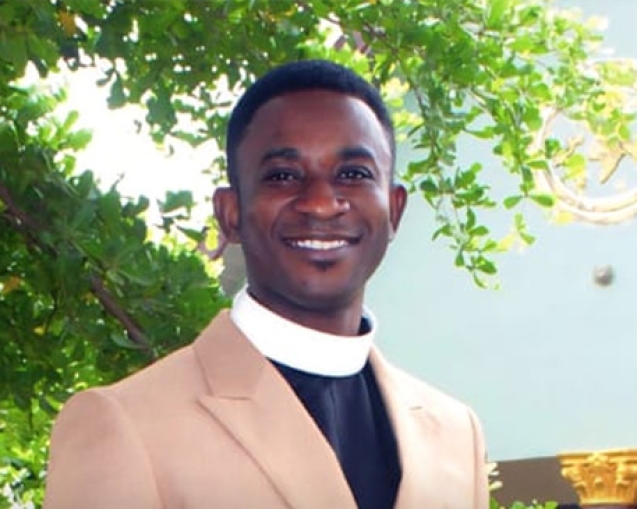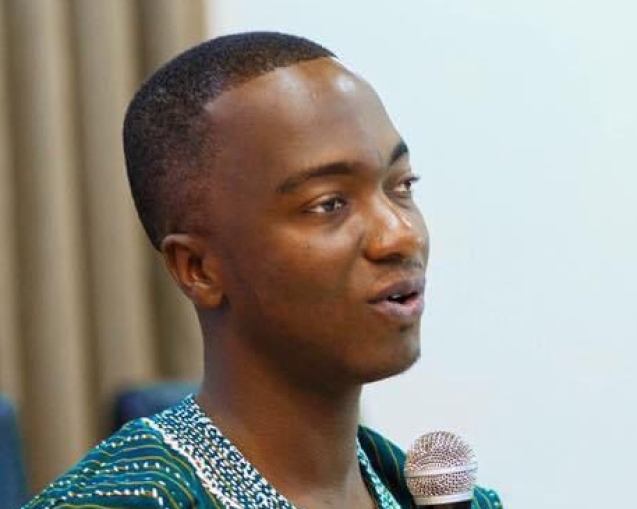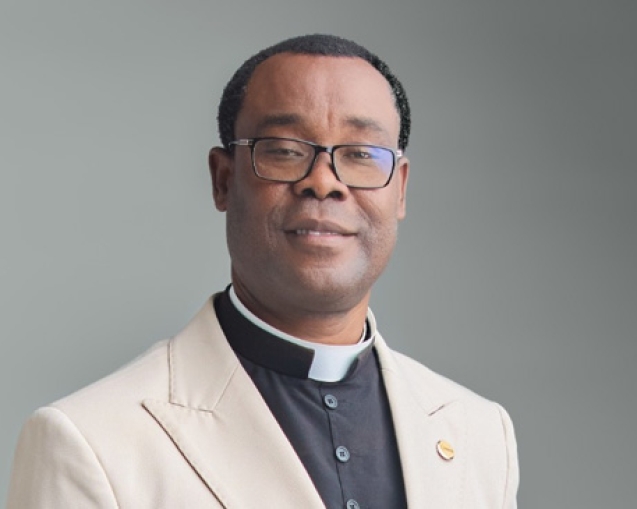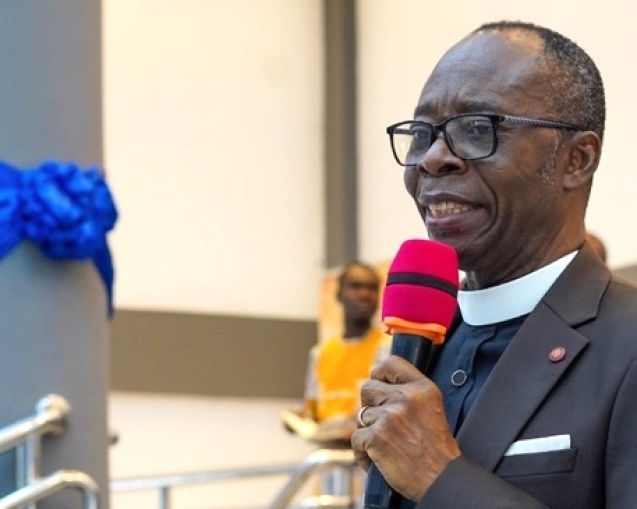The Chief Executive Officer of Alliance for Christian Advocacy Africa, Rev. Dr Kwabena Opuni-Frimpong, has charged kings, queens and royals in Ghana to enter into a strategic partnership with the church to help them undertake socio-economic development in their communities.
“Until we are able to get strong institutions, the church and traditional leaders must come together and give hope to the people,” Rev. Dr Opuni-Frimpong said.
He said this yesterday at the Pentecost Convention Centre (PCC) during the 3rd Royals’ Conference organised by the Chieftaincy Ministry of The Church of Pentecost in collaboration with the Pentecost Men’s Ministry (PEMEM). It was attended by over 1,500 royals from Ghana, Togo, Benin and Burkina Faso.
Speaking on the topic, “The Role of Traditional Leaders in Socio-Economic Development of Ghana,” Rev. Dr Opuni-Frimpong, who is also a minister of the Presbyterian Church of Ghana and former General Secretary of the Christian Council of Ghana, expressed grave concern that the state fails to allocate funds to traditional leaders to pursue socio-economic development in their communities, apart from the royalties paid to them.
“Meanwhile, when you go into the communities, there are high expectations on chiefs to do socio-economic development,” he bemoaned.
He urged royals in Ghana to build stronger relationships with the Church to help them execute their developmental agenda, while highlighting the various interventions that churches in Ghana make to the socio-economic development of the country.
Rev. Dr Opuni-Frimpong explained that before the arrival of the colonial masters, traditional leaders pursued resource mobilisation for the socio-economic development of their communities through taxation, fines from dispute settlements, and sales of agricultural and natural resources like gold, rubber, salt among others.
He, however, noted that under the British colonial administration in the 1940’s, the British instituted the Indirect Rule which made chiefs ‘middlemen’ between the colonial masters and their subjects.
“Some prominent chiefs received scholarships and other financial supports for their children and members of their communities to study in prestigious institutions abroad,” he asserted.
The post-independence constitutions of Ghana, according to the Presbyterian minister, made some nationalists like the former President of Ghana, Dr Kwame Nkrumah, attempt to abolish the colonial rule and the chieftaincy institution at the same time for working together.
“Most of them saw the chieftaincy institution as the same as the colonial powers. Subsequent legislations through the first republic to this day have ensured that there is a gap between traditional leaders and political power in our governance system, especially access to resources for socio-economic development,” he noted.
Rev. Dr Opuni-Frimpong mentioned that the Chieftaincy Act (Act 759) considers the functions of chiefs mainly in matters of customary law and dispute settlements of succession lines to traditional stools, rather than managing the resources of their lands.
The former General Secretary of the Christian Council of Ghana iterated that in the olden days, traditional leaders fought, conquered, and took lands and kingdoms from others. However, in these contemporary times, such illegalities cannot be done since they could be jailed.
He called on chiefs to rather fight against hunger, illiteracy, diseases, tensions, poverty, poor health, injustice, unemployment, teenage pregnancies, and seek for the prosperity for their people and communities instead of fighting among themselves.
PENTECOST NEWS


















